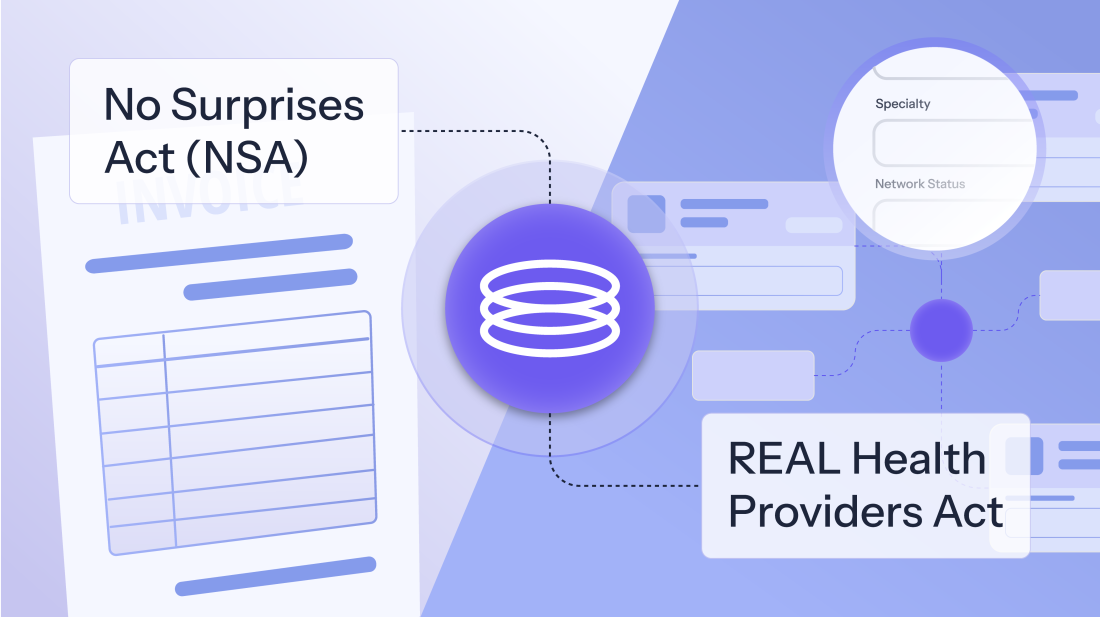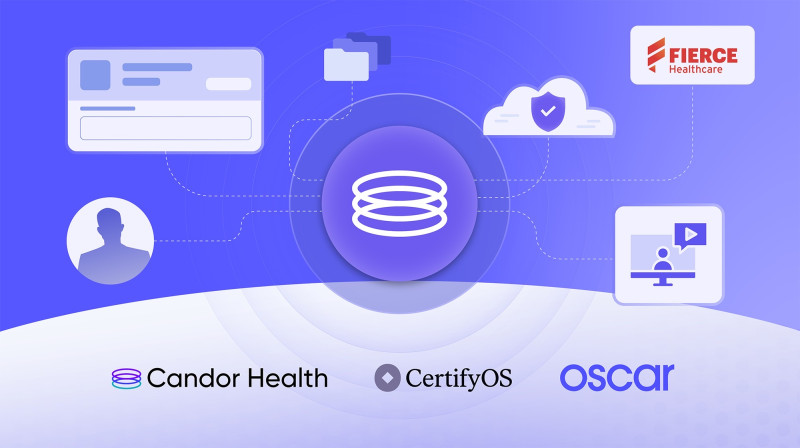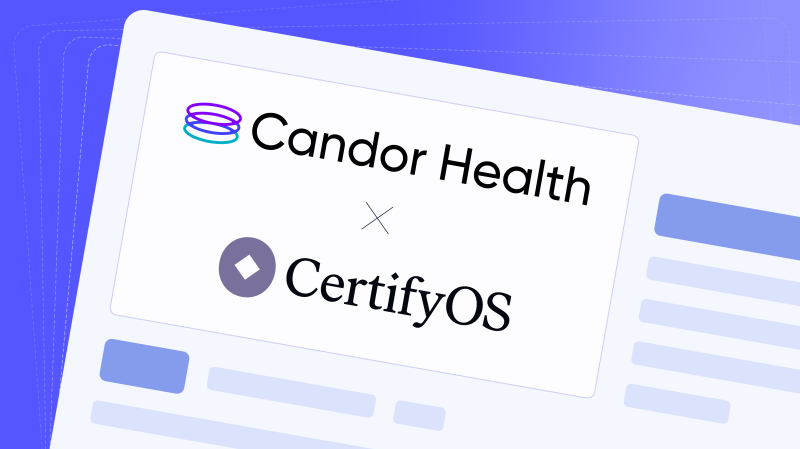Understanding the REAL Health Providers and No Surprises Acts
Explore the key differences between the No Surprises Act (NSA) and REAL Health Providers Act.


Finding the right provider should be simple. But for many members, outdated or inaccurate provider directories can complicate the process, eroding trust and introducing undue friction. For health plans, the challenge is just as great. Provider directories are large, complex, and constantly changing. Keeping them accurate requires continuous updates across thousands of data points, and even a minor error can trigger billing disputes, compliance risks, and lasting reputational damage.
In recent years, federal policymakers have brought this issue to the regulatory docket, steadily elevating provider data standards with a focus on reliability, accuracy, and accountability. At the center of this push are The No Surprises Act (NSA), which took effect in 2022, and the recently proposed REAL Health Providers Act, expected to begin in 2026. Together, these provisions articulate stricter standards for how provider data must be collected, verified, and maintained, setting forth a new era of accountability for health plans.
As the legislative landscape continues to evolve, health plans must rise to the challenge - using this moment to build trust with members, reduce administrative friction, and create stronger operational foundations. This article explores key differences between the NSA and REAL Health Providers Act, making it easier for health plans to navigate evolving requirements and prepare for what comes next.
Breaking Down the Legislation
The No Surprises Act
In effect since 2022, the NSA protects patients from surprise medical bills, especially in emergencies or when out-of-network care happens at in-network facilities. For payers, this legislation introduces strict rules around provider directories, including:
Bans on balance billing for most emergency and some non-emergency services.
Dispute resolution processes for payment disagreements between providers and health plans.
Good faith estimates for uninsured or self-pay patients.
Provider directory requirements for timely verification, updates, and accessibility. Plans must verify directory information every 90 days, update changes within 2 business days, and make directories accessible online and in print.
Failure to comply can lead to enforcement actions and penalties. For members, these rules mean fewer "surprises" at the point of care and a greater ability to trust the information provided by their health plan.
The REAL Health Providers Act
The REAL Health Providers Act builds on NSA requirements, but with a sharper focus on Medicare Advantage (MA) plans. While implementation details are still unfolding, the law raises expectations for health plans collecting and handling data:
Making plans and providers jointly accountable for data accuracy with plans responsible for flagging non-compliant providers and submitting annual analyses of provider directory accuracy to the Centers for Medicare & Medicaid Services.
Requiring rolling outreach to verify data every 90 days.
Providers must confirm that their directory information is correct; those who fail to respond promptly may trigger follow-up actions from plans.
Setting a 30-day window for updating information once verified.
Mandating directories be available in searchable, printable formats and via a public API.
Introducing civil penalties for repeated inaccuracies or failure to correct errors.
If providers consistently supply inaccurate or incomplete information, CMS can impose civil fines or other enforcement measures.
Where the NSA made directory accuracy a compliance requirement, the REAL Health Providers Act makes it enforceable, with financial penalties attached. Together, these developments convey a clear message driving the future of provider data management: Accurate and up-to-date provider information is non-negotiable.
Understanding the Difference
While the NSA centers on protecting patients from unexpected billing, the REAL Health Providers Act focuses on directory accuracy, particularly for Medicare Advantage plans.
Provider Directory Accuracy: NSA vs. REAL Act
Feature | No Surprises Act (NSA) | REAL Health Providers Act | Legal Language / Source |
|---|---|---|---|
Who It Applies To | Commercial health plans and providers | Medicare Advantage (MA) plans | NSA: "group health plans and health insurance issuers offering group or individual health insurance coverage" REAL: "network-based MA plans" |
How Often to Verify | Every 90 days | Every 90 days with rolling outreach | NSA: "verify and update the provider directory at least once every 90 days" REAL: "verify provider directory information at least every 90 days… using a rolling outreach and verification strategy" |
When to Update | Within 2 business days | Within 30 calendar days | NSA: "update the provider directory within 2 business days of receiving new information" REAL: "directories must be updated within 30 calendar days after the MA organization receives verification" |
Roles & Responsibilities | Providers must notify plans of changes | Shared accountability between plans and providers | NSA: "providers and facilities must submit provider directory information to a plan or issuer… and notify of any material changes" REAL: "shared responsibility between MA plans and contracted providers" |
How It's Made Accessible | Online and print upon request | Searchable, printable, and public API | NSA: "must make the provider directory available on a public website and in print upon request" REAL: "must maintain a publicly accessible API… and searchable, printable directories" |
If Data Isn't Accurate | May face enforcement actions | Civil penalties for repeated inaccuracies | NSA: "noncompliance may result in enforcement actions or penalties" REAL: "introduces civil penalties for repeated inaccuracies or failure to correct errors" |
Why It Matters | Prevents surprise billing | Improves access and eliminates ghost networks | NSA: "protect patients who rely on inaccurate information… from any surprise out-of-network billing" REAL: "aims to prevent ghost networks… and help seniors receive the care they purchased" |
Combined, these two pieces of legislation signal a broader shift in provider data management: one where data accuracy and reliability aren't optional, but foundational.
Why This Is Confusing and Critical
Between federal rules, CMS oversight, and evolving guidance, it's easy for health plans to feel overwhelmed. The rules are complex, the timelines differ, and enforcement varies across regulatory bodies. Nevertheless, these guardrails play an important role in helping organizations build member trust and satisfaction while decreasing downstream costs and strengthening their network.
With accuracy no longer optional, today's proactive health plans are leveraging digital tools to embrace key areas of focus:
Accuracy at scale: With more than 50% of provider data historically inaccurate, health plans are seeking systems that continuously refresh and validate core details, from contact information and locations to booking links and clinical expertise.
Real-time updates: Many forward-thinking health plans are looking for provider data management solutions that deliver real-time data refreshes, ensuring that provider changes are reflected promptly to meet regulatory timelines while improving the patient experience.
Enhanced search and discovery: Health plans are seeking solutions to elevate their "find-a-doctor" websites or portals using advanced filters and natural language search capabilities.
Network optimization: Intelligent matching and visualization tools help health plans identify access gaps, optimize coverage, and build high-performing provider cohorts based on real-world care patterns.
Operational efficiency and patient trust: Accurate data reduces administrative overhead, minimizes claim denials and builds trust with patients navigating care decisions.
The Shift Toward AI-Driven Provider Data Management
At Candor Health, we believe accurate provider data is the foundation of a better healthcare system. Our solutions are designed to help health plans meet evolving regulatory requirements while also improving operational efficiency and member trust. With AI-driven tools for provider verification, continuous data refresh, and member-friendly search, we help payers move beyond compliance to build stronger connections between members, providers, and plans.
Regulations may be raising the stakes, but the right solution can help your health plan stay ahead of evolving legislation, reduce risk, and turn provider data into a strategic asset, not a liability.
Learn how Candor Health can help your organization stay ahead of the standards: https://candorhealth.com/health-plans/
More Posts

Webinar Roundup: Four Takeaways for Smarter Provider Data Systems


CertifyOS Announces Partnership with Candor Health

Redefining How Care is Found: A Smarter and Simpler Search
